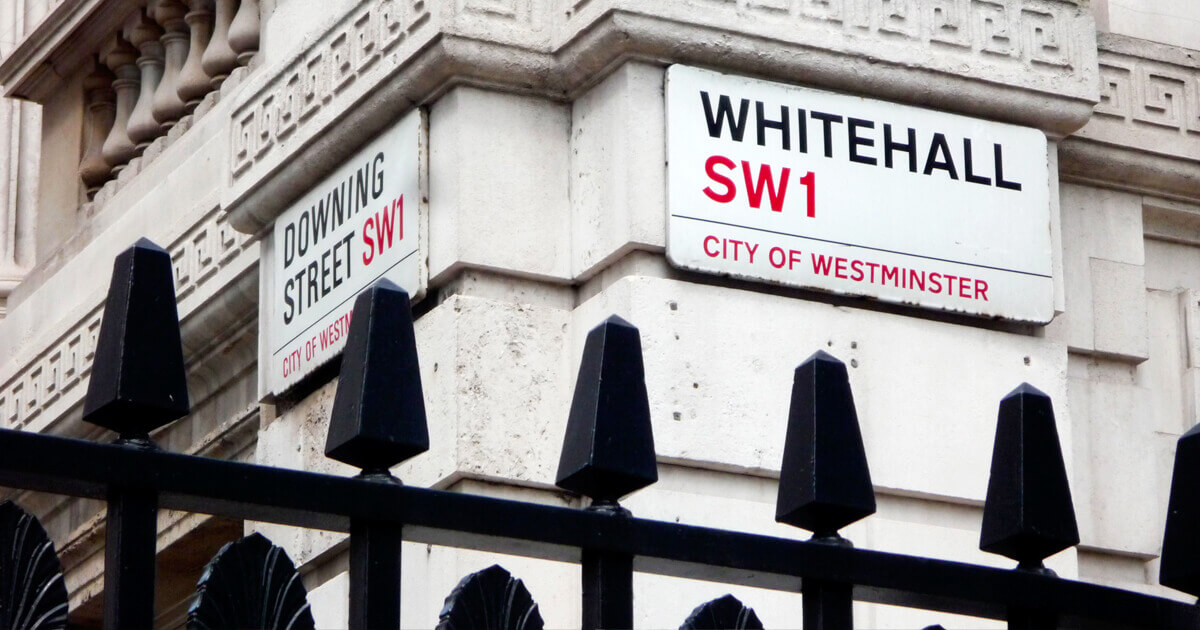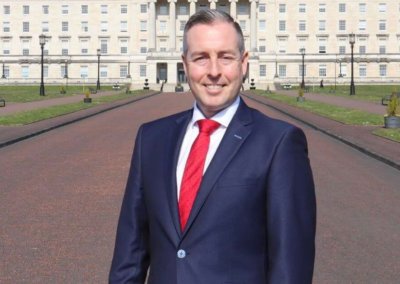The UK Government has reaffirmed it will proceed with imposing an extreme abortion regime on Northern Ireland.
The Government were forced to redraft regulations following scrutiny from the Joint Committee on Statutory Instruments who said that they had been “defectively drafted”.
This offered them a chance to repeal some of the extreme provisions in the regulations, particularly following significant criticism from Northern Ireland politicians, disability advocacy groups and parents that they want far beyond what was legally required.
However, the redrafted regulations published this morning appear to be materially the same as the original regulations with the drafting errors fixed.
This means Northern Ireland’s extreme abortion regime will remain unchanged and in place until MPs and Peers vote on them, likely before 22 June.
If MPs vote down the redrafted regulations it will send a very strong signal to the Government that these extreme regulations should not be imposed on Northern Ireland.
The Government will then be forced to redraft the regulations for a third time to either be less extreme or bring forward legislation allowing parliament to vote on revoking the regulations.
The second of those options would give back control to the people of Northern Ireland through the Northern Ireland Assembly.
Sadly, abortions will still be able to take place in Northern Ireland throughout this period and abortion activists and providers may lobby for further extreme measures.
However, the delay also means that those who are pro-life have more time to persuade MPs and Peers to reject the regulations when the vote finally happens.
Last year, in the absence of a functioning Northern Ireland Assembly, politicians in Westminster voted to impose an extreme abortion regime on the province.
The new regime, which also allows de facto abortion for any reason up to 24 weeks and disability abortion right up to birth, came into force as law on 31 March.
Despite 79% of consultation respondents stating opposition to changes in Northern Ireland’s abortion legislation, the UK Government went far beyond what was legally required of them when they imposed radical changes to the law governing terminations in the province.
Last month, an influential House of Lords committee released a highly critical report raising significant concerns over the Government’s approach in imposing the extreme abortion regime.
In his submission to the committee, Northern Ireland’s Attorney General said that the UK Government exceeded its powers as it radically changed abortion law in the province.
John Larkin QC said: “This is of political and legal significance and, given that the relevant judgement call is best made by a local legislature, it may be inappropriate for the provision to have been so limited in light of the changed political context.”
The Attorney General also told the Secondary Legislation Scrutiny Committee it was “disproportionate” to require healthcare professionals in any capacity “to act contrary to their conscience” and that it “would have been possible” for Westminster to introduce broader conscience protections.
And, earlier this month, Northern Ireland peer Baroness Nuala O’Loan called on Northern Ireland residents to “make their voices heard” and demand the new extreme abortion regime regulations are not approved.
A spokesperson for Right to Life UK, Catherine Robinson said:
“These regulations legalise sex-selective abortion and introduce abortion for babies with disabilities including cleft lip, club foot and Down’s syndrome to birth. They also introduce defacto abortion-on-demand to Northern Ireland through to 24-weeks.
“Additionally, abortion provision will be opened up to midwives and nurses. This goes much further than the law In England and Wales, where abortions can only be performed by a doctor and the Abortion Act requires the approval of two doctors before an abortion can be performed.
“MPs and Peers at Westminster must take on board these problems and vote against the regulations when they are brought before Parliament.
“We urge those across the UK to save lives and protect unborn babies by using this extra time to contact MPs and Peers urging them to reject the redrafted regulations.
“If you have already emailed your MP, please use the opportunity this extra time provides to encourage more friends and family to write to their MPs.”












